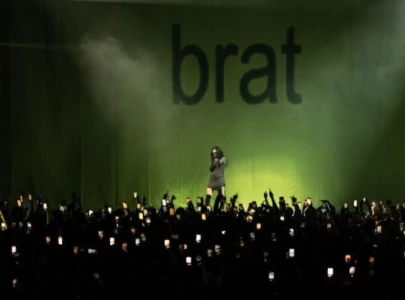
"The investigation has confirmed the organisation Soldiers of the Caliphate's complicity in the Atyrau explosions," said Nurdaulet Suindikov, a spokesman for the Kazakh General Prosecutor.
The Atyrau blasts that killed one man carrying the explosive device on October 31 were the third case of an extremist-linked explosion in Kazakhstan, a Central Asian country that prides itself on inter-ethnic and inter-religious harmony.
Little-known Jund al Khilafah (Soldiers of the Caliphate) was formed this summer by three Kazakh citizens, Rinat Khabidolla, Urynbasar Munatov and Damir Znaliyev, "to unleash jihad on the territory of Kazakhstan," Suindikov said.
The network claimed credit for the October blasts last week.
On Monday, Kazakh authorities said they have arrested three men suspected in organising the blasts, who admitted they received instructions from Jund al Khilafah to carry out the attacks.
They were involved in making bombs to be used in "acts of intimidation" against law enforcement and other government officials, but did not seek to kill civilians, Suindikov said.
The three founders of Soldiers of the Caliphate are hiding on the porous Afghan-Pakistan border and participating in attacks "on the side of international terrorists," he said.
The October blasts followed a warning from the group over a new Kazakh ban on religious ceremonies in state institutions and a requirement that religious groups and missionaries re-register with the government of the ex-Soviet state.
Kazakhstan has come under Western criticism for its strict control over political parties and religious organisations. But the secular Muslim nation of 16.5 million people argues that it must do more to fight the threat of radicalism.




1719660634-1/BeFunky-collage-nicole-(1)1719660634-1-165x106.webp)












COMMENTS
Comments are moderated and generally will be posted if they are on-topic and not abusive.
For more information, please see our Comments FAQ